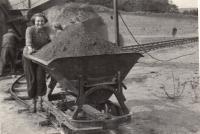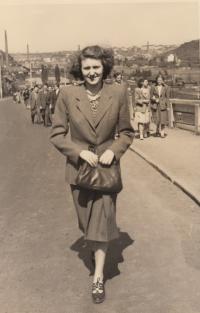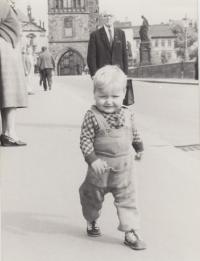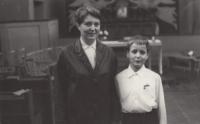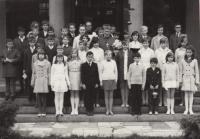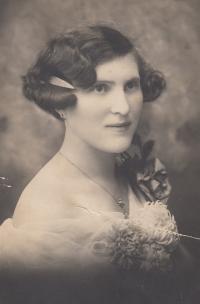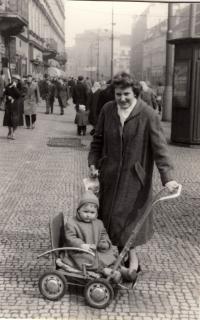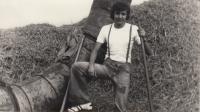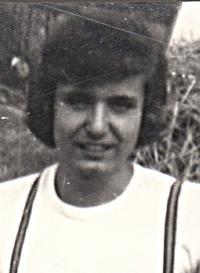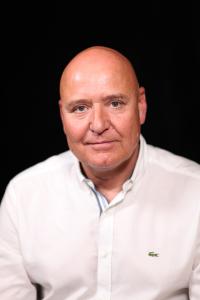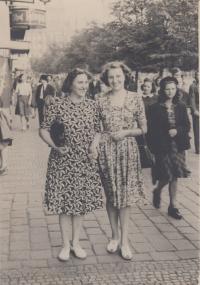A trap of the secret police destroyed not only my family
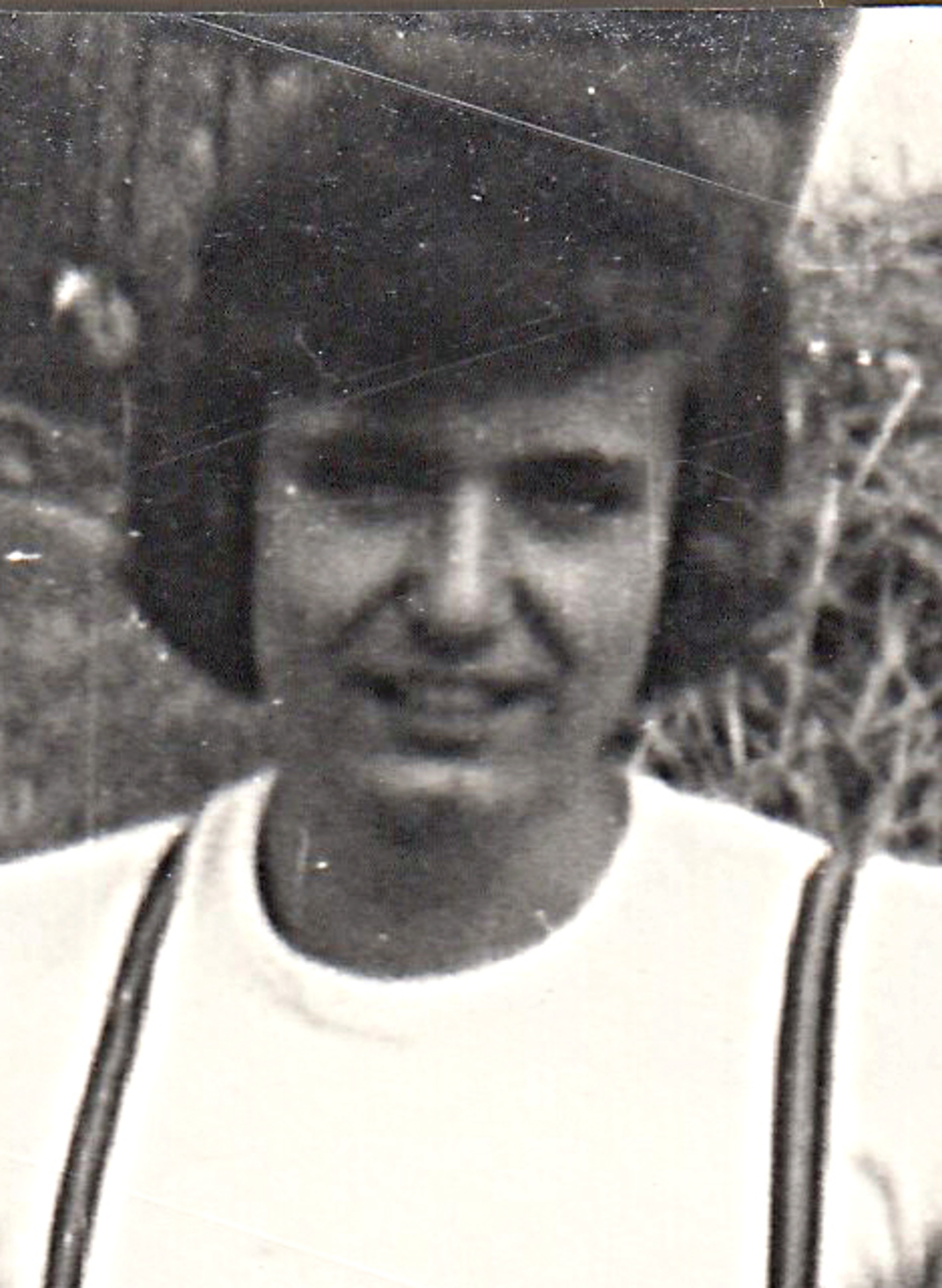
Stáhnout obrázek
Zdeněk Klíma was born on 13 March 1958 in Prague. His mother Vlasta Štěrbová was among the numerous victims of the operation Kámen („Stone“). She and her mother were lured by the secret police to attempt an irregular border crossing at an artificial border where they were arrested. His grandma, Marie Štěrbová, died as a result of torture while still in prison. His mother was set free in 1955 with her physical and mental health severely deteriorated, and never fully recovering. She worked her whole life as a cleaning lady and lived under the supervision of the secret police. She died prematurely, in 53 years of age. In 1968, Zdeněk started attending a newly established Catholic scouts club which was, however, banned in 1971. He did vocational training for a bookseller and in the 1980s studied arts history at the Charles University in Prague. He worked in a publishing house and after 1989, as a tourist guide. In 1990, he gained access to the files of his mother and grandmother and for the first time learned the truth about the oppression of his family and other victims.
